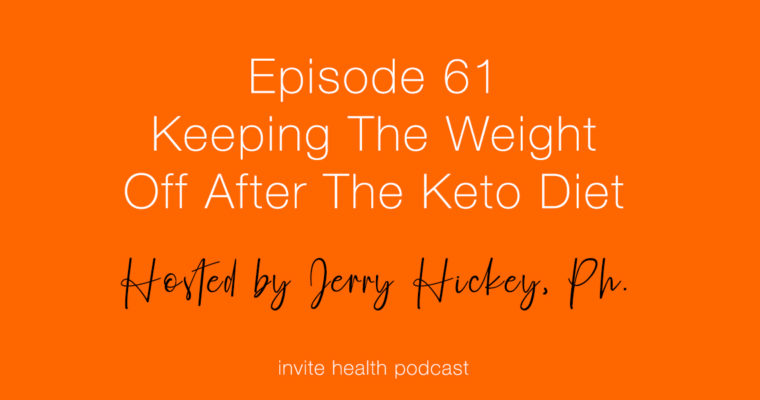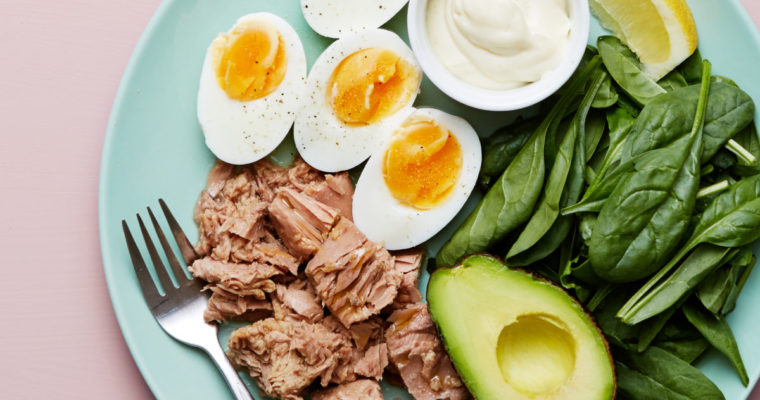With so many keto products on the market, how do you know that the InVite® Keto Carb Blocker can work best for you? Each and every InVite® Health product is formulated with specific ingredients that have been studied by leading institutions across the globe and prove its benefit. Here is the evidence behind the ingredients that make up the InVite® Keto Carb Blocker.
White Kidney Bean
In a 4-week study performed by the University of California, Los Angeles School of Medicine, 25 healthy subjects consumed 1000mg of white bean extract (or a placebo) twice a day before meals along with following a weight loss program that included diet, exercise and behavioral intervention.
While both groups reduced their weight and waist size significantly, the group who took the white kidney bean extract lost 1.3lbs more and lost an additional .1 inches from their waist size. Researchers note, “In an exploratory analysis of data, subjects who ate the most carbohydrates experienced a significant reduction in both weight and waist size with the addition of the white bean extract, compared to the placebo group eating the same amount of carbohydrates.” This study was published in the journal Alternative Therapies in Health and Medicine in 2007.
Need more information on the KETO diet? Click here to read more >>
Guar Gum Powder
Guar gum is a fiber from the seed of the guar plant. The guar plant is in the legume family and, when picked, resembles a string bean. Guar gum is commonly found in low-carb recipes and baking products and is a carbohydrate that is mostly soluble fiber, so it actually has little impact on your carb intake (especially if you are calculating net carbs) and is why it is used in numerous keto-focused recipes.
When it comes to nutrition, guar gum has the ability to slow down digestion as it is a soluble fiber and has a direct impact on the rate at which your body absorbs sugar. There are numerous studies that link this important fiber to healthy digestion and to weight loss, by leaving consumers feeling more satiated. Guam gum is a vegan ingredient that is made entirely from plant sources and is not processed using animal products. It is also gluten free but due to its consistency, when mixed baking goods like bread and dessert, it makes for a great alternative.
In a 2018 analysis published in the journal Nutrition, researchers note that several clinical studies suggest that guar fiber “normalized both constipation and diarrheal conditions.” Studies suggest that regular intake is effective to “treat more of the morbidities associated with digestive health and may offer potential protection and promotion of digestive health both alone and when combined with probiotics as a synbiotic formula.”
Umbrella Arum (Glucomannan) Root Powder
The Umbrella Arum Root, or Amorphophallus Konjac, is a plant that originates from Southeast Asia. The dried form of this plant contains around 40% of Glucomannan – a water-soluble, fermentable dietary fiber.
The Institute of Clinical Medicine in Norway studied the impact of three different fibers to see what the effect on weight reduction would be on their subjects. The fibers included glucomannan, guar gum and alginate. One hundred and seventy-six men and women either took one of the active fibers or a placebo. Results showed that all fiber supplements (with a balanced calorie intake of 1200) significantly reduced weight more than placebo and diet alone, during the five week observation period. Glucomannan was shown to induce body weight reduction in the healthy overweight subjects alone.
Guggul Extract
Guggul extract is made from the sap of the guggul tree which is native to India, Bangladesh and Pakistan. It is a plant steroid that has been shown to have antioxidant and anti-inflammatory properties, being one of the very ancient Ayurvedic drugs used as far back as 2000 B.C. This is according to a review published by Texas Southern Universities Departments of Biology and Experimental Therapeutics, along with the University of Texas M. D. Anderson Cancer Center in Texas and the Laboratory of Bio-Molecular Technology from M.L. Sukhadia University in India.
References
Udani, Jay, and Betsy B Singh. “Blocking carbohydrate absorption and weight loss: a clinical trial using a proprietary fractionated white bean extract.” Alternative therapies in health and medicine vol. 13,4 (2007): 32-7.
Rao, Theertham Pradyumna, and Giuseppina Quartarone. “Role of guar fiber in improving digestive health and function.” Nutrition (Burbank, Los Angeles County, Calif.) vol. 59 (2019): 158-169. doi:10.1016/j.nut.2018.07.109
Keithley, Joyce K et al. “Safety and efficacy of glucomannan for weight loss in overweight and moderately obese adults.” Journal of obesity vol. 2013 (2013): 610908. doi:10.1155/2013/610908
Birketvedt, G. S., Shimshi, M., Erling, T., & Florholmen, J. (2005). Experiences with three different fiber supplements in weight reduction. Medical science monitor : international medical journal of experimental and clinical research, 11(1), PI5–PI8.
The Guggul for Chronic Diseases: Ancient Medicine, Modern Targets. http://www.medicinacomplementar.com.br/biblioteca/pdfs/Doencas/do-1686.pdf . (2008)
Questions for the Invite® team about the Keto Carb Blocker or any of it’s ingredients? Leave us a comment below to discuss!






